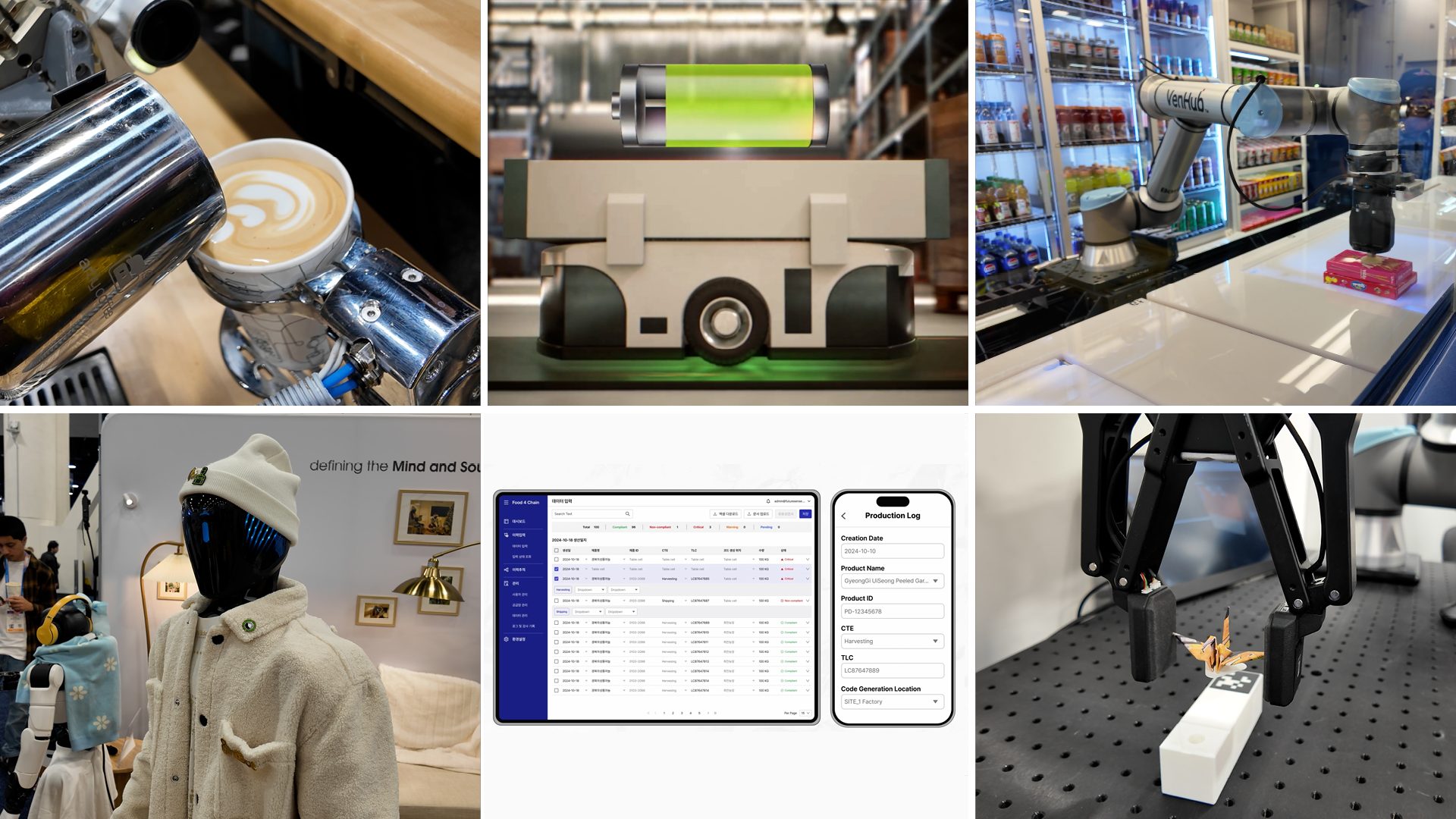
Image Source: Le Pain Quotidien on LinkedIn
What was once the stuff of sci-fi legends has slowly made its way into the food and beverage industry, as more and more restaurants are beginning to harness generative artificial intelligence tools to streamline operations and create efficiencies. However, Le Pain Quotidien (LPQ) is taking AI integration to a whole new level.
An AI-Generated Chef Is Born
In partnership with the software company November Five, the bakery-restaurant chain has immortalized its chef-founder Alain Coumont, along with much of his intellectual property, in Alain.AI, a cutting-edge AI integration tool affectionately dubbed his “digital twin.” It was initially designed to manage the LPQ recipe database, modernize processes, and standardize protocol across 214 locations.
The AI tool has become a savvy digital assistant that supports staff at every step – from ideation and recipe creation to preparation.
“With Alain.AI, we combine tradition with cutting-edge technology to keep our offers fresh and exciting for our customers, now and in the years to come,” said the living, breathing human version of Coumont in a recent announcement.
A Full-Service Menu of AI Integration
While the tool’s ability to seamlessly navigate the brand’s catalog of 10,000+ recipes – many of which Coumont created himself over the course of his 30-year career – is impressive on its own, it barely scratches the surface of its full capabilities.
Alain.AI can also modify existing recipes to:
- Feature popular local flavors
- Capitalize on industry trends
- Incorporate seasonal ingredients
- Cater to dietary preferences
- Support guests with food allergies
The tool can also tailor the language, units of measurement, and kitchen equipment mentioned in recipes to the local market, which is especially useful since the chain’s locations span 19 countries.
These functions are grouped within three primary categories:
- The Menu Maker creates seasonal menus from the recipe catalog, including ingredient lists for sourcing and step-by-step guides that model proper preparation and plating techniques.
- The Experimental Kitchen brings to life new recipes and revives older recipes that were either never finished or never published.
- The Recipe Creation Tool generates new recipes from existing data or from scratch with an instructional approach and user interface similar to ChatGPT.
Future Goals of AI Integration
While the current iteration of Alain.AI is only accessible to Le Pain Quotidien operators, the chain will soon release a consumer-facing version that will be available to an elite, limited audience: members of the Tartine Club, their customer loyalty program – an added incentive to sign up.
In addition, the restaurant-bakery chain plans to integrate research-driven insights into the mix to help LPQ staff accurately predict and address the ever-evolving needs and preferences of their customer base.
For example, if the majority of consumers order tartines with the herb aioli on the side, Alain.AI will take this data into account when developing new recipes.
This feature will also utilize past consumer data to predict how patrons may react to potential pricing and menu updates.
An Appetite for Efficiency and Consistency
Le Pain Quotidien’s AI integration strategy is already enhancing efficiency, organization, and consistency across all 214 LPQ locations. And as an added perk, it’s also simplifying the process of opening new franchise locations.
“We are experiencing major growth from 15 to 19 countries after a difficult period, and five more countries will be added in the coming months,” said CEO Annick Van Overstraeten. These countries include Greece, Morocco, Luxembourg, Uruguay, Kazakhstan, Azerbaijan, Peru, Congo, and, most recently, India.
“Until now, we could only rely on existing commercial software and structured databases to manage our recipes. With Alain.AI, not only do we reduce the time of manually entering and translating everything, but we can also offer our chefs a digital smart assistant that thinks along in the creation process,” Overstraeten added. Not only will the tool’s automated data entry and language translation capabilities save the restaurant-bakery chain countless hours; this innovative AI integration approach will also reduce the likelihood and frequency of errors.
With all of these factors in mind, it’s safe to say that, unless Coumont’s digital twin has an evil side it hasn’t shown yet, the future of Le Pain Quotidien is looking bright – with a competitive edge sharper than their chef-founder’s favorite paring knife.
The Food Institute Podcast
In the fast-paced and highly regulated world of manufacturing, especially within the food and beverage industry, maintaining stringent hygiene standards is not just a best practice—it’s a necessity. Steve Voelzke, president of Robroy Industries’ electrical products division, explored why it’s essential to adopt a holistic approach and how this approach can significantly lower the risks of product recalls.











